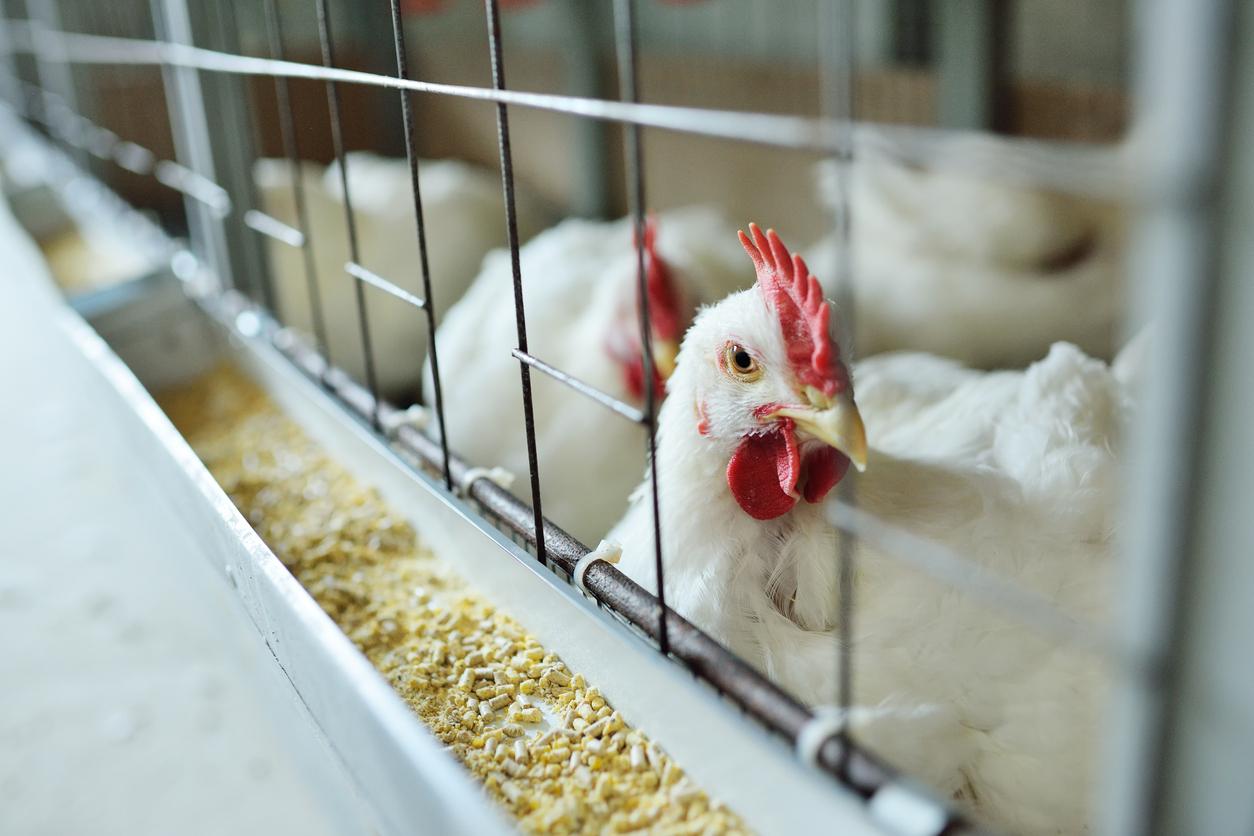August 25, 2004 – Whether captive in a rearing pond or free to move in the ocean, salmon are food safe for human health, according to Canadian authorities.
On August 10, a study1 published in theEnvironmental Science & Technology indicated that the mean concentrations of polybrominated diphenyl ethers (PBDEs) – a flame retardant – found in farmed salmon would be higher than in wild salmon. (see our news)
Surprised by the extent of this news, the Minister of Health, Ujjal Dosanjh wished to reassure the public: in fish sold in Canada do not represent a danger to human health, ”he said in a press release.2.
In the same document, Health Canada agrees that some laboratory studies “have shown some harmful effects associated with the presence of EDPB” in animals, “but the level of exposure in question was over a million times higher. higher than the levels currently found in foods, including fish ”.
The results of the study published in early August inEnvironmental Science & Technology echoed those of another study, published last January in the journal Science. This had demonstrated a higher concentration of polychlorinated biphenyls (PCBs) in farmed salmon than in wild salmon. The researchers in this study recommended that consumers eat farmed salmon only once a month. However, Health Canada had decided that it was not necessary to recommend a change in the diet of Canadians. The federal body maintains the same opinion in light of the results of this most recent study on PBDEs.
Martin LaSalle – PasseportSanté.net
1. Hites RA, Foran JA, et al, Global Assessment of Polybrominated, Diphenil Ethers in Farmed and Wild Salmon, Environmental Science & Technology, 2004. Study available on the Internet at www.salmonstudy.org/study.html. [Consultée le 25 août 2004]
2. Health Canada, Government of Canada reassures the public that wild and farmed salmon are safe to eat, Press release, August 17, 2004. [Consulté le 24 août 2004]














